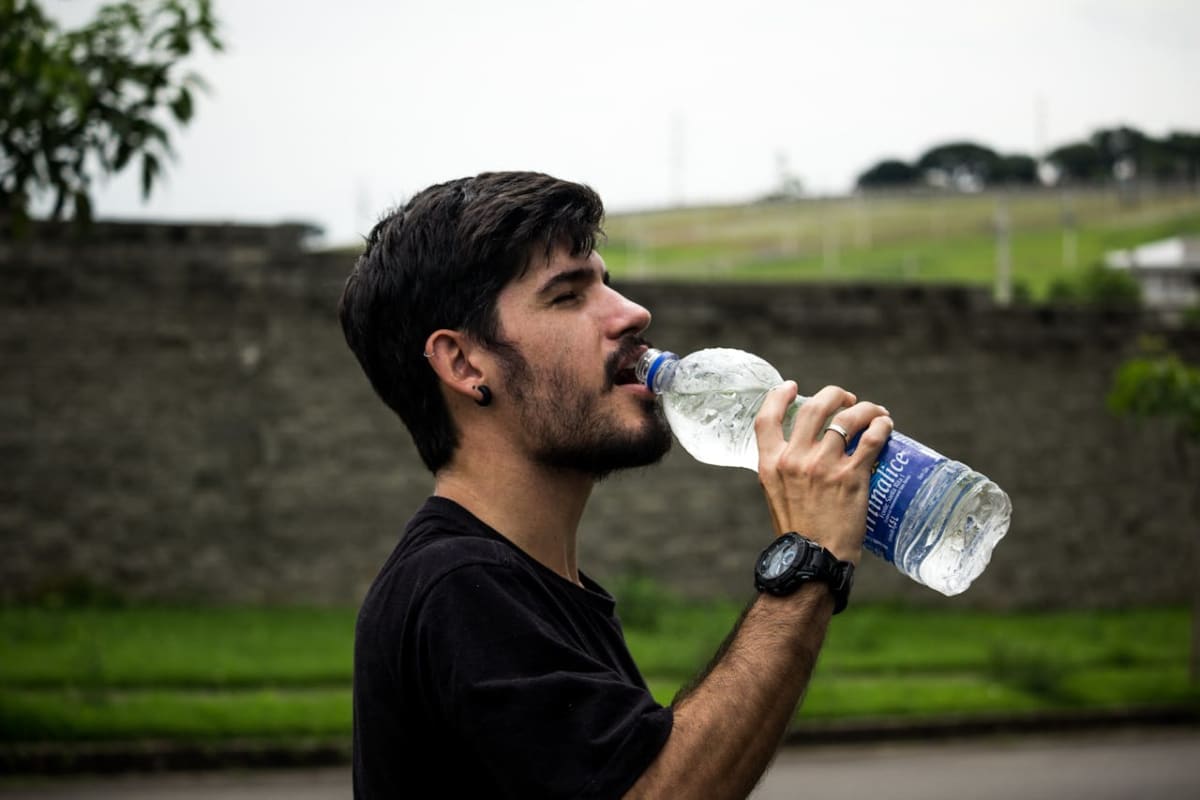Excited about taking your little ones on their next big adventure? Traveling with children opens up a world of discovery but also requires careful planning, especially when it comes to their health.
In this guide, we'll dive into the essential vaccines your children need before setting off, ensuring their exploration is not just thrilling but also safe from preventable diseases.

When it comes to traveling with children, ensuring their health and safety is of utmost importance. Child travel immunization plays a crucial role in protecting your little explorers from potential health risks they may encounter during their journey. By understanding the importance of travel vaccines and taking the necessary precautions, you can ensure a worry-free and enjoyable trip for the whole family.
Travel vaccines are essential for children as they help prevent the spread of diseases that may be prevalent in the destination country. These vaccines work by stimulating the immune system to produce antibodies that fight off specific diseases.
By getting vaccinated, children can develop immunity and reduce the risk of contracting serious illnesses while traveling.
Understanding Travel Vaccines for Children
Before delving into the specific vaccines for children, it's important to understand the different types of travel vaccines available. These vaccines are designed to protect against diseases that may not be commonly found in your home country but are prevalent in certain regions of the world.
Types of Travel Vaccines
-
Routine Vaccines: These are vaccines that children should receive as part of their regular immunization schedule. Examples include measles, mumps, rubella (MMR), diphtheria, tetanus, and pertussis (DTaP), and polio vaccines. Ensuring that your child is up to date with routine vaccines is the first step in protecting them during travel.
-
Recommended Vaccines: These vaccines are recommended based on the destination country and the specific activities planned during the trip. Examples include hepatitis A, hepatitis B, typhoid, and influenza vaccines. These vaccines provide additional protection against diseases that may be prevalent in certain regions or transmitted through contaminated food and water.
-
Country-Specific Vaccines: Some countries have specific vaccine requirements for entry. For example, yellow fever vaccination may be mandatory for travelers visiting certain countries in Africa or South America. It's essential to check the vaccination requirements of your destination country well in advance and ensure your child receives any necessary country-specific vaccines.
Why is Travel Vaccines Important for Children?
Vaccinating children before travel is crucial for their overall health and well-being. By protecting them from vaccine-preventable diseases, you can ensure their safety and minimize the risk of illness during their journey.

Childhood immunizations for travel play a vital role in safeguarding children from diseases that may be uncommon in their home country but prevalent in their travel destination. These diseases can range from mild to severe and can have long-lasting effects on a child's health.
By vaccinating your child, you are not only protecting them but also contributing to the global effort to eradicate these diseases.
Common Travel Vaccines for Children
Now that we understand the importance of travel vaccines for children, let's explore the common vaccines recommended for children traveling abroad.
Recommended Vaccines for Children Traveling Abroad
- Hepatitis A Vaccine: Hepatitis A is a viral infection that can be contracted through contaminated food and water. This vaccine is recommended for children traveling to areas with poor sanitation and hygiene standards.
- Typhoid Vaccine: Typhoid fever is a bacterial infection transmitted through contaminated food and water. The typhoid vaccine is recommended for children traveling to regions with inadequate sanitation and hygiene practices.
- Influenza Vaccine: Influenza, or the flu, is a highly contagious respiratory illness. The flu vaccine is recommended for children traveling during flu season or to areas with a high incidence of influenza.
- Meningococcal Vaccine: Meningococcal disease is a bacterial infection that can cause meningitis and sepsis. This vaccine is recommended for children traveling to regions with a high risk of meningococcal outbreaks, such as certain parts of Africa.
- Yellow Fever Vaccine: Yellow fever is a viral infection transmitted through mosquito bites. The yellow fever vaccine is required for entry into certain countries and is recommended for children traveling to regions where yellow fever is endemic.
Consulting a Travel Clinic
When it comes to travel health advice for kids, it's essential to consult a healthcare professional who specializes in travel medicine. The healthcare professional at travel clinics could provide expert guidance on the specific vaccines your child needs based on their age, destination, and individual health factors.
Before embarking on your journey, schedule an appointment at least 4-6 weeks before your travel with a healthcare professional who can assess your child's immunization status and provide personalized travel health advice. They will review your travel itinerary, discuss any potential health risks, and recommend the necessary vaccines to ensure your child's well-being during the trip.
How to Prepare for Travel Vaccinations
To ensure a smooth vaccination experience for your child, it's important to take certain steps before getting travel vaccines.
-
Research: Familiarize yourself with the vaccination requirements of your destination country. Check if there are any specific vaccines your child needs for entry and any recommended vaccines based on the region's health risks.
-
Plan Ahead: Schedule your child's vaccination appointment well in advance to allow time for any necessary vaccines that may require multiple doses or take time to become effective.
-
Medical History Review: Provide your child's healthcare professional with a comprehensive medical history, including any allergies or previous adverse reactions to vaccines. This information will help determine the most appropriate vaccines for your child.
-
Catch-Up Vaccinations: If your child is not up to date with routine vaccines, consider getting them caught up before travel. This will provide additional protection against vaccine-preventable diseases.
Tips for a Smooth Vaccination Experience for Children
Getting vaccines can be a daunting experience for children. Here are some tips to make the vaccination process easier for them:
Making the Vaccination Process Easier for Children
-
Explain the Importance: Talk to your child about the importance of vaccines in protecting their health during travel. Use age-appropriate language to help them understand why they need to get vaccinated.
-
Be Supportive: Offer reassurance and comfort to your child during the vaccination process. Hold their hand, distract them with a favorite toy or book, or engage them in conversation to help alleviate any anxiety.
-
Reward System: Consider implementing a reward system to motivate your child. Promise a small treat or a fun activity after the vaccination to create a positive association with the experience.
-
Distraction Techniques: Use distraction techniques such as blowing bubbles, playing music, or watching a video on a mobile device to divert your child's attention during the vaccination.
By following these tips, you can help make the vaccination experience more comfortable for your child and ensure their health and safety during travel.
Conclusion
In conclusion, travel vaccines for children are essential in safeguarding their health and well-being during international travel. By understanding the importance of these vaccines, consulting a healthcare professional, and taking the necessary precautions, you can ensure a worry-free and enjoyable trip for your little explorers.
Remember to plan ahead, stay informed about the recommended vaccines, and make the vaccination process as comfortable as possible for your child. Safe travels!



